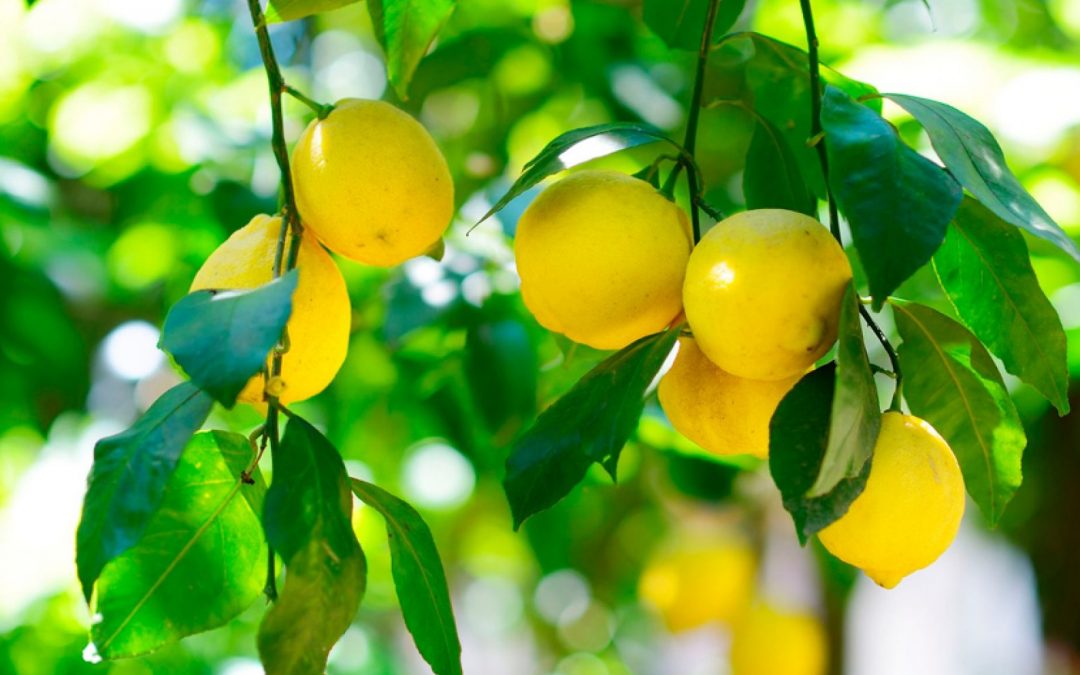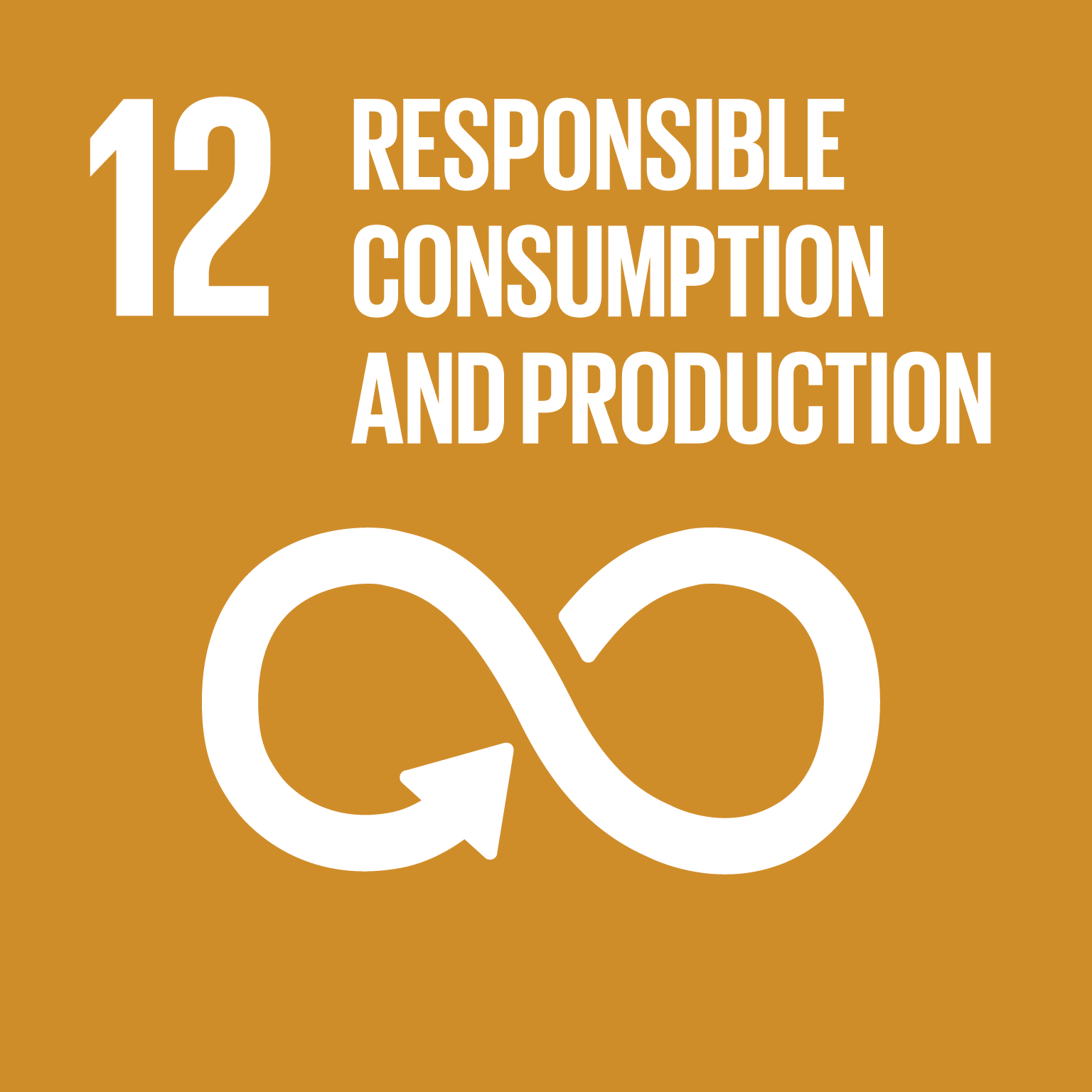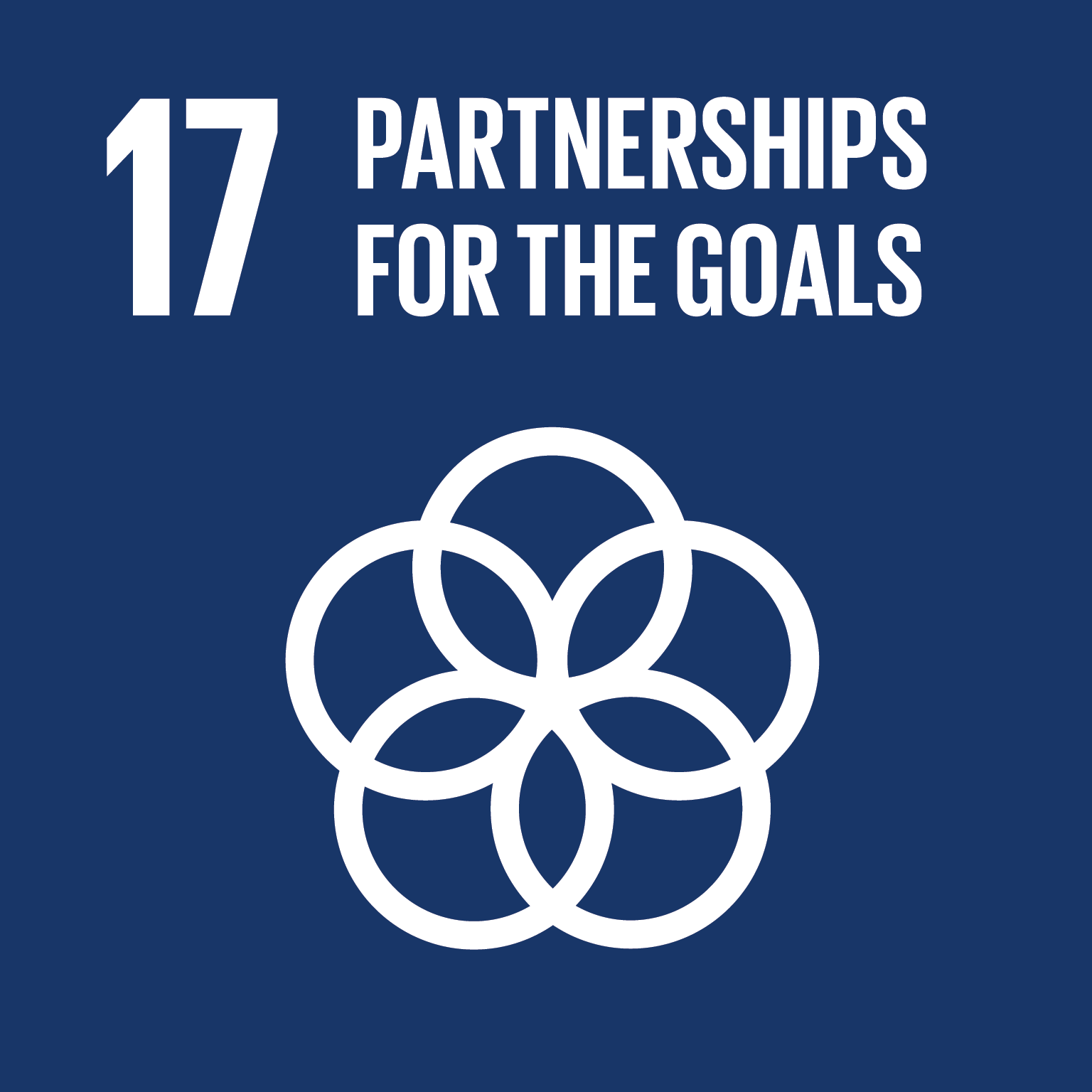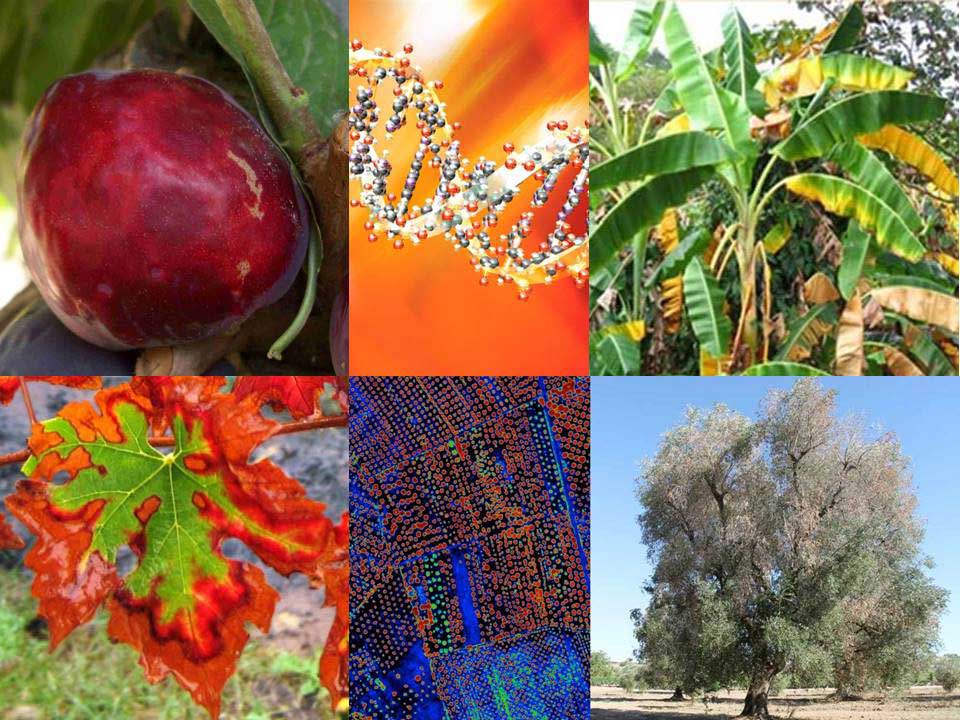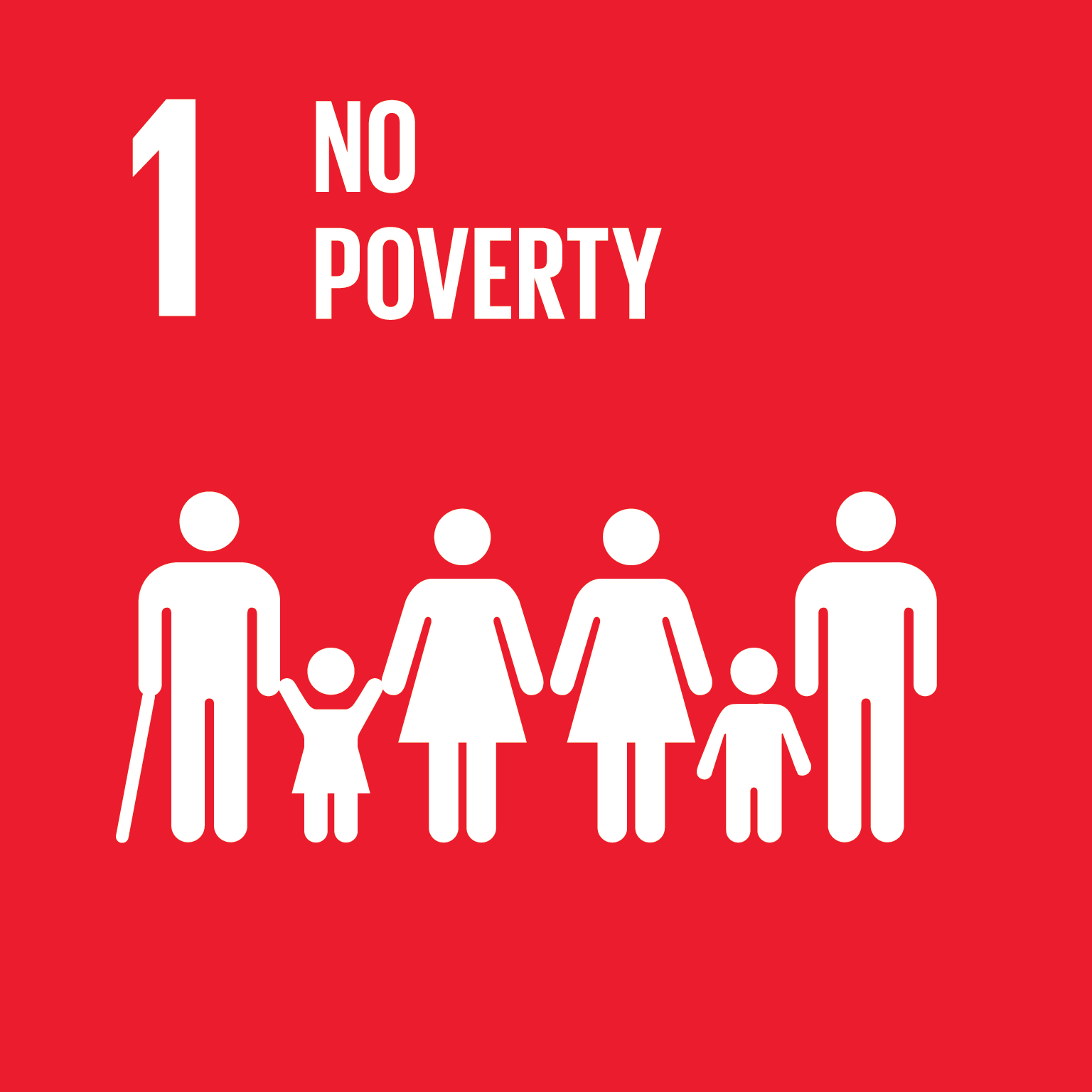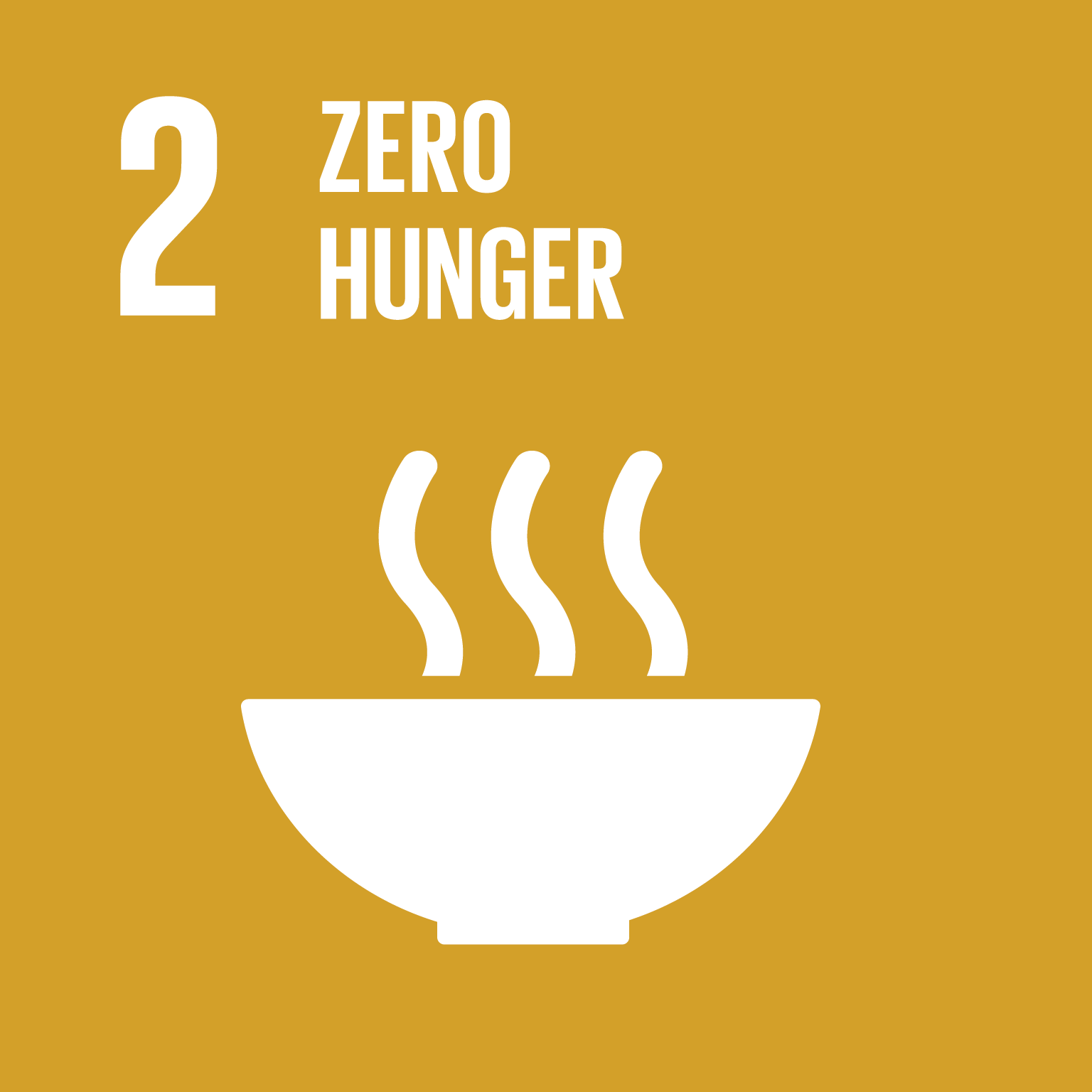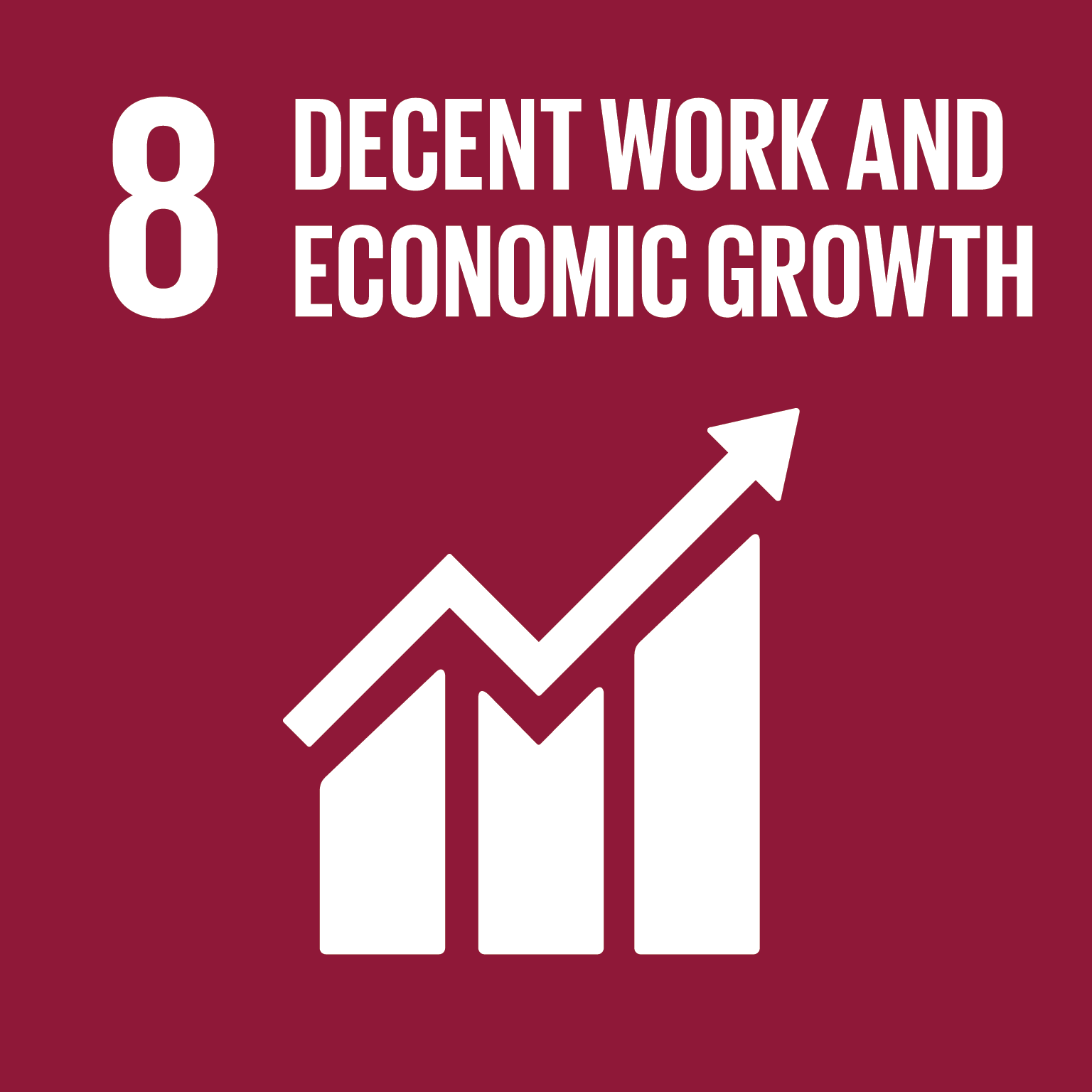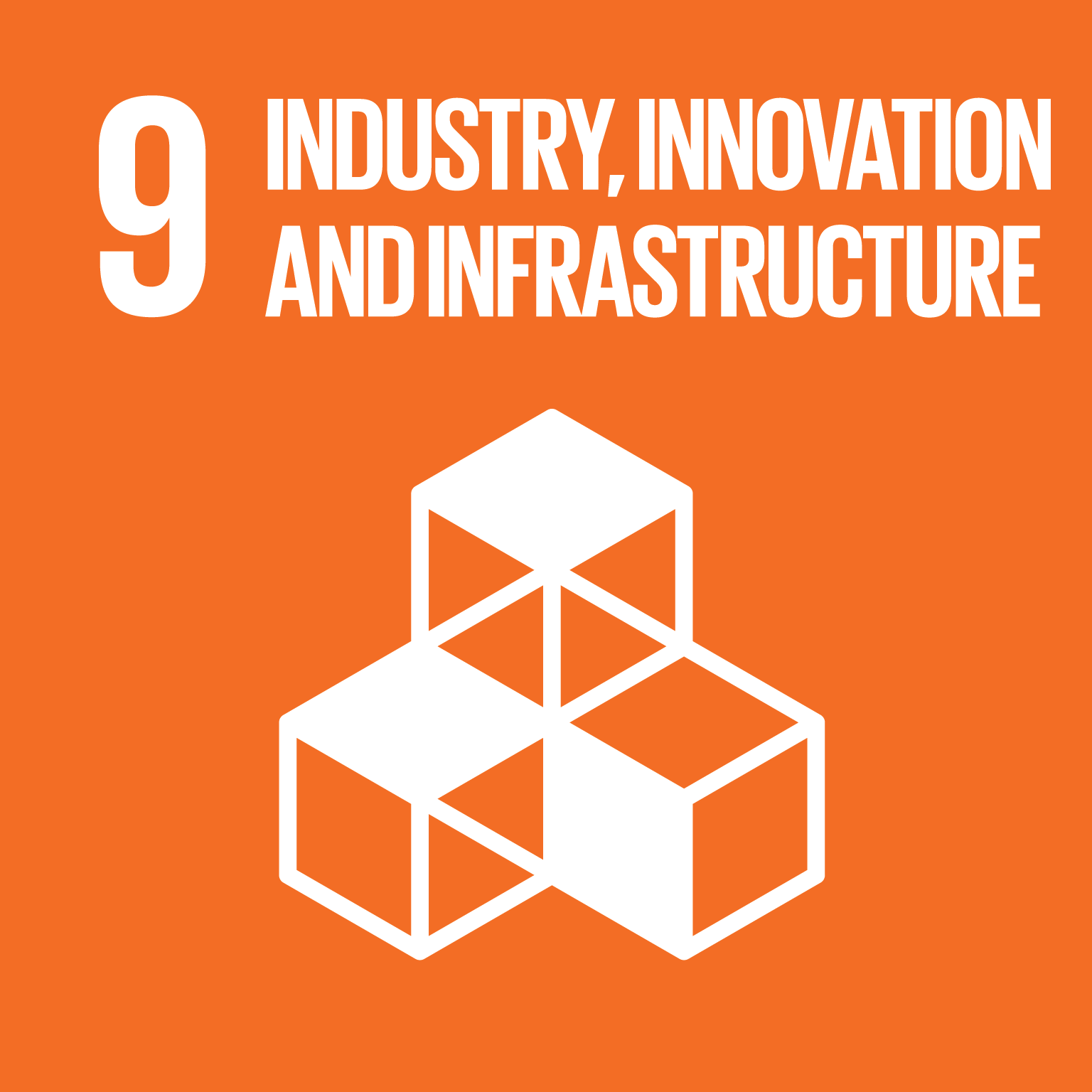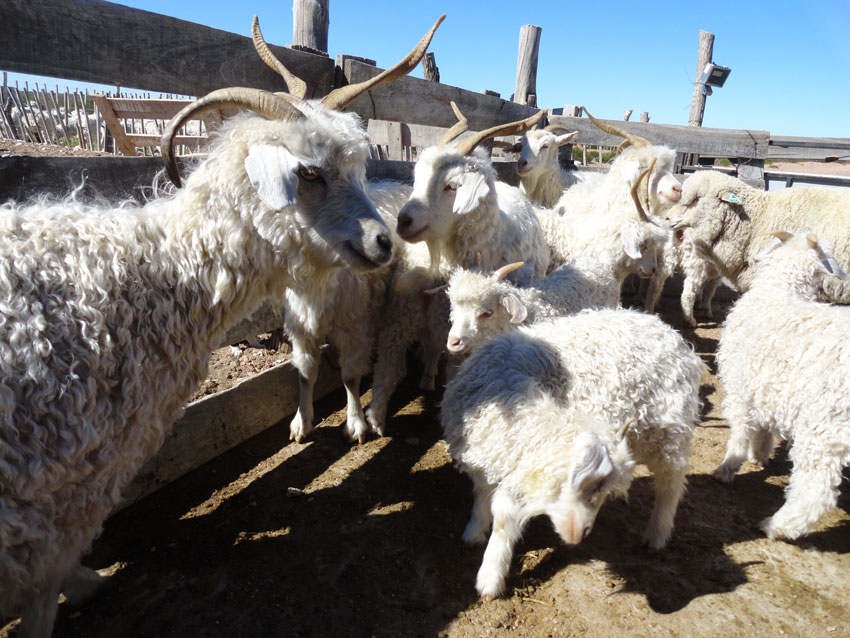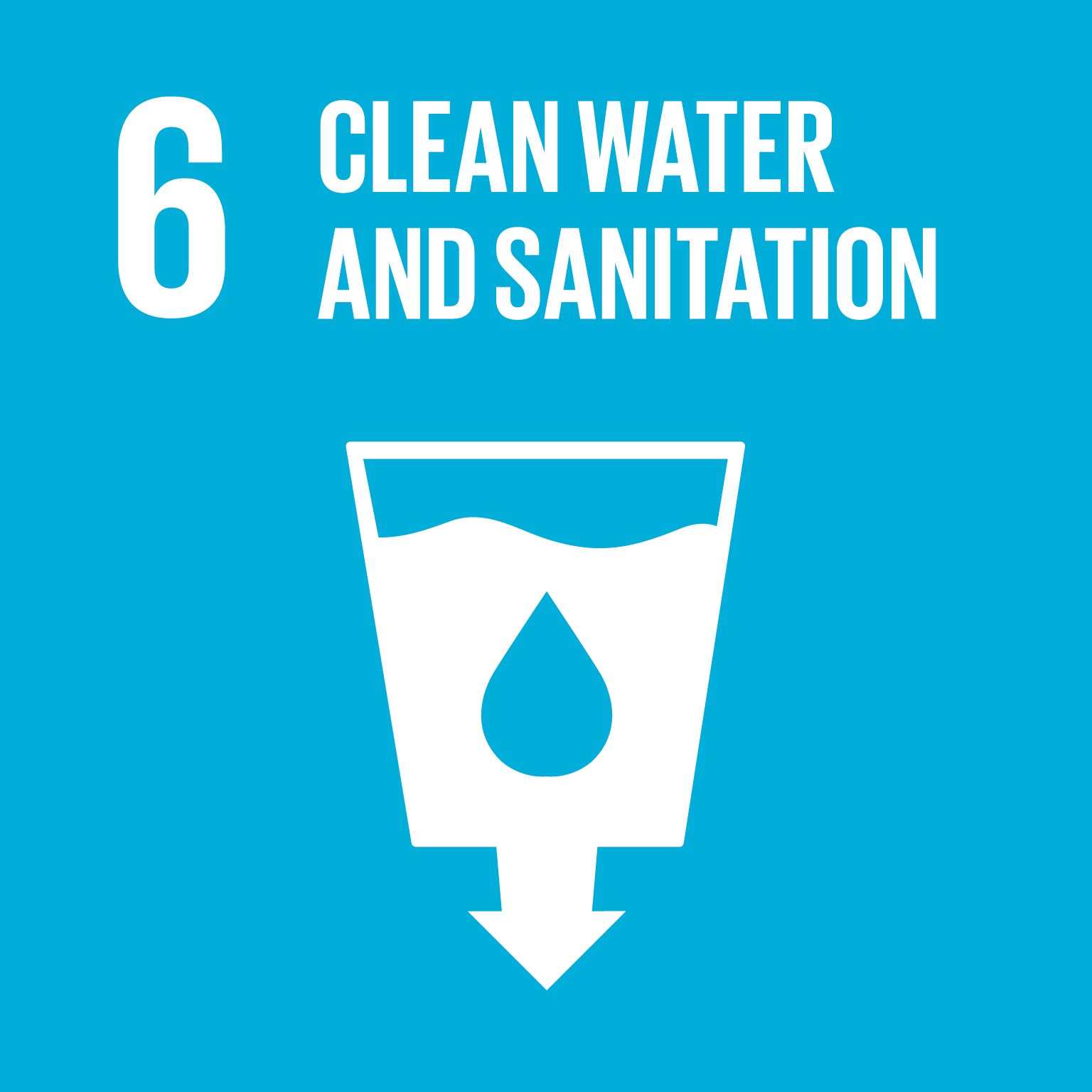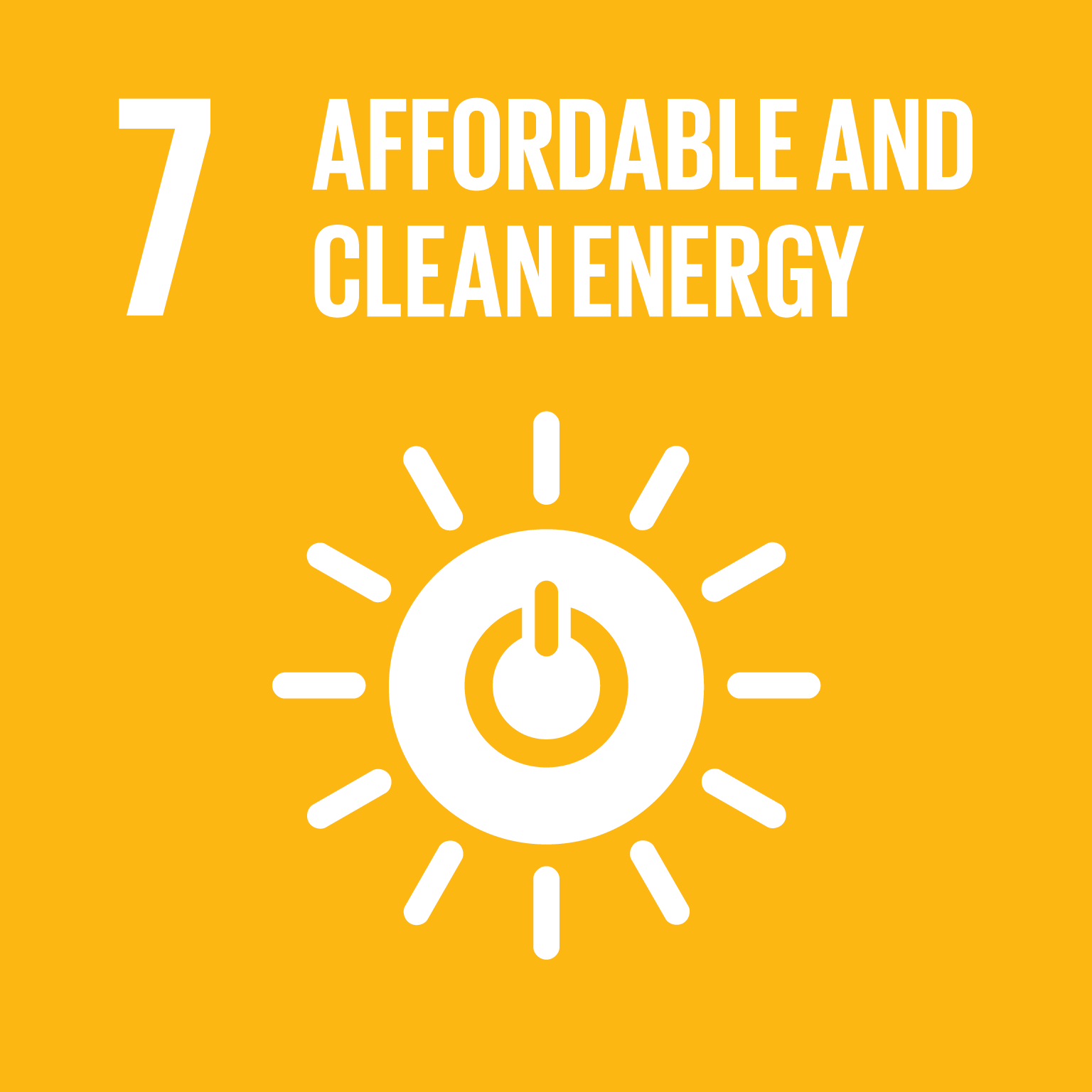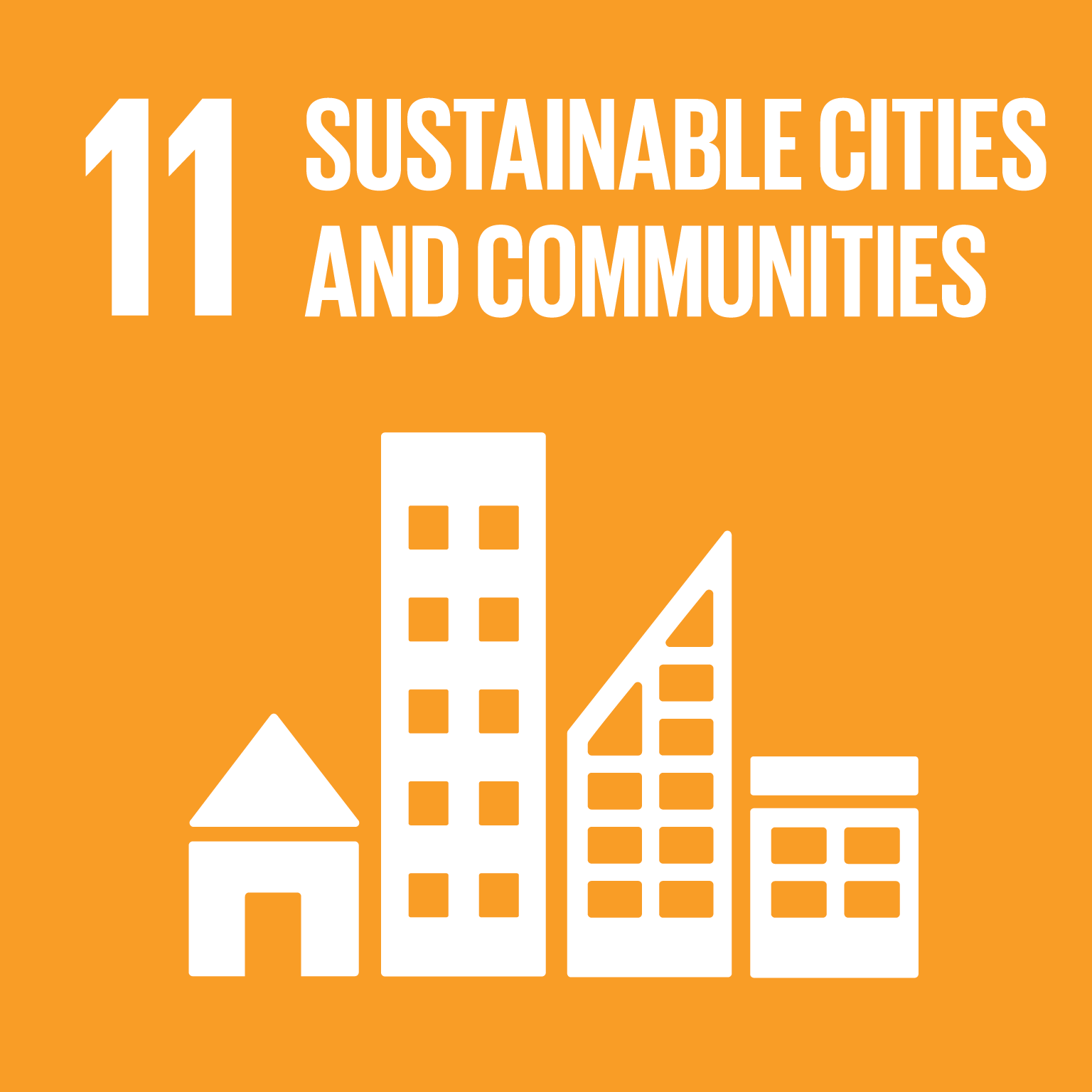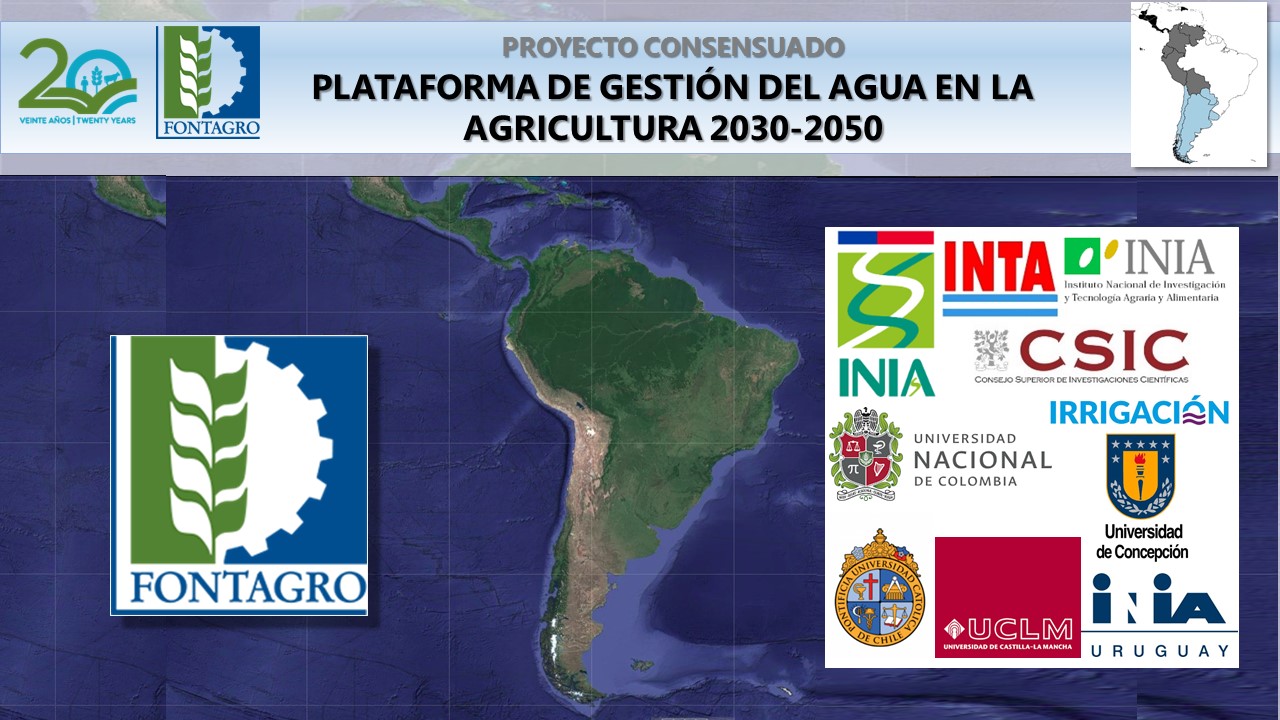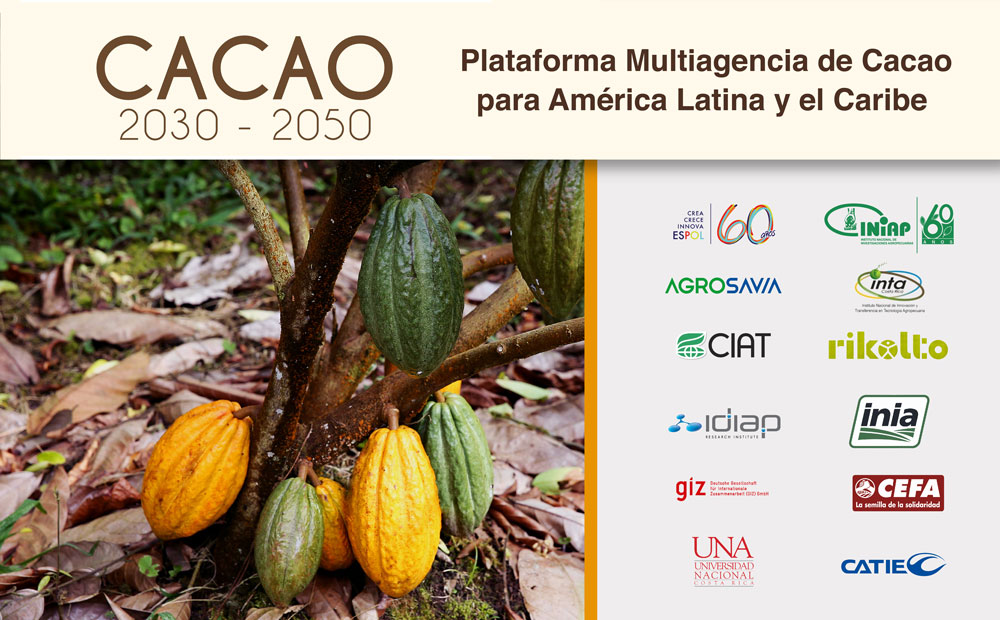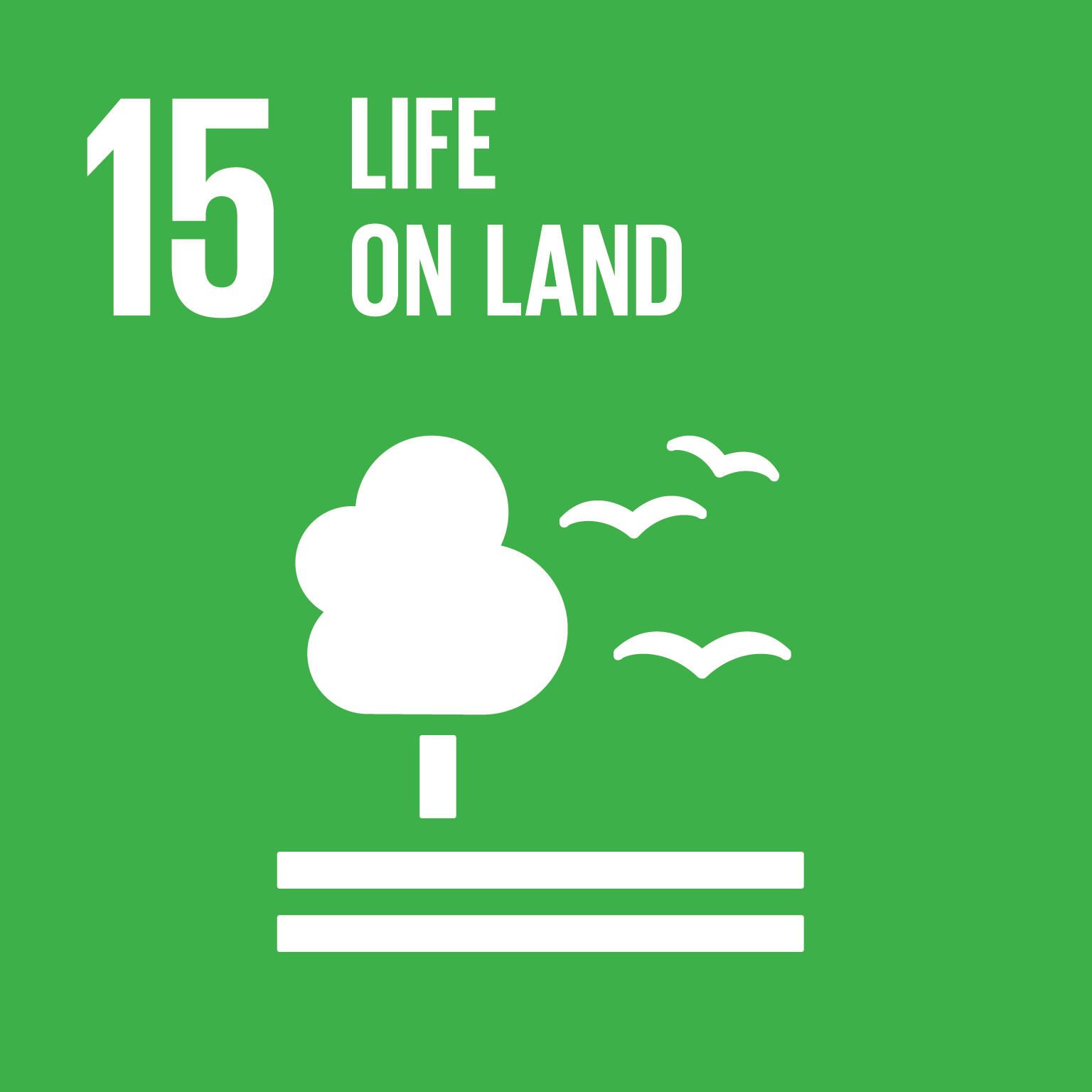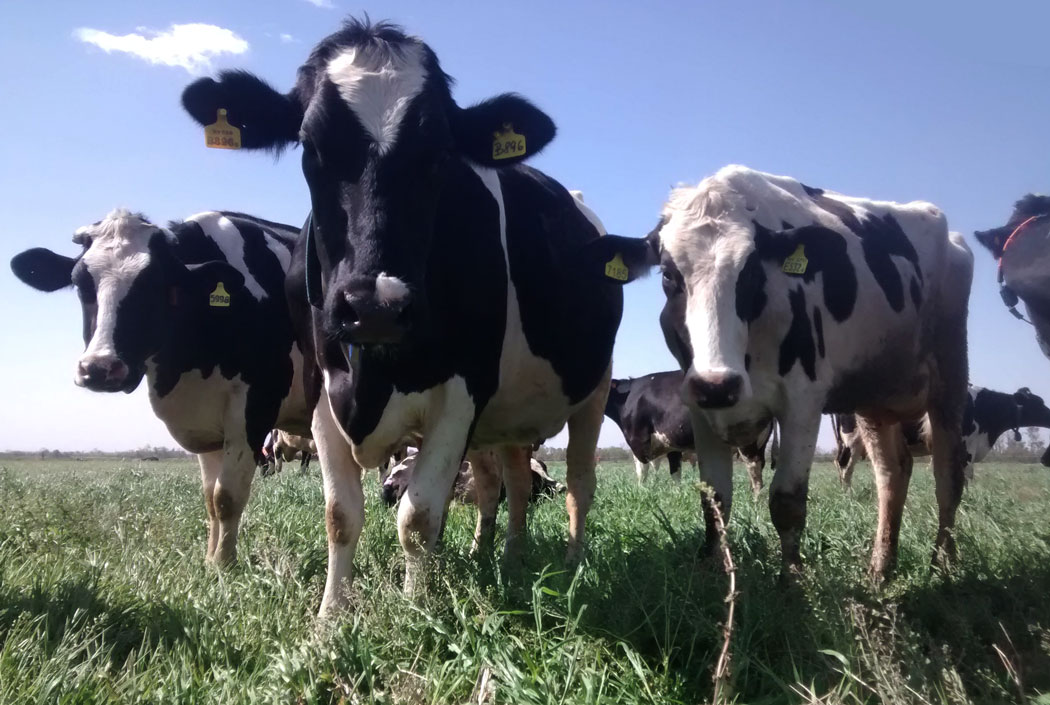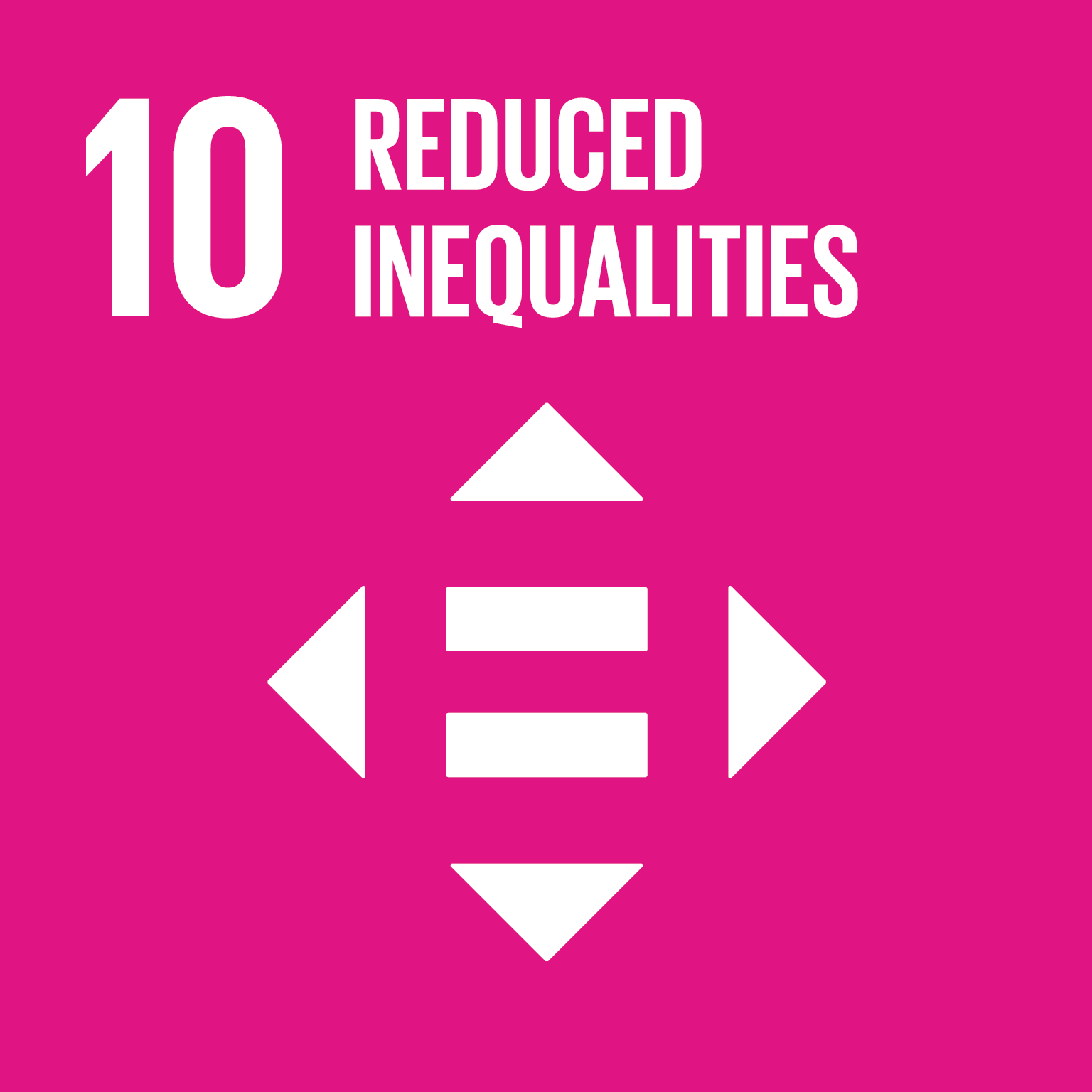Significant decrease in the progress of the HLB disease and its vector insect in the citrus platform activity, which in its primary stage accounts with almost 226 thousand hectares with citrus and more than 6,000 family farmers.
-
$300000
Requested
-
$738550
Counterpart
-
Seed
State
The main objective of this initiative is to increase the productivity and competitiveness of the avocado, passionflower and citrus fruit chains through coordinated actions between producers, processors, marketers, academic and training institutions, to implement climate change adaptation technologies, and to improve the quality and shelf life of fresh fruits or their derivatives.
-
$400000
Requested
-
$896349
Counterpart
-
Closed
State
Prevent the entry and spread, of the foci already present, of quarantine diseases (Fusarium Tropical race 4, Sharka, Phtytoplams and Xyllela) in fruit trees (banana, plum, prune, peach, apple, pear, grapevine and olive) on Latin America and the Caribbean (LAC) countries. And thus avoiding large economic losses caused by the decrease in yield, quality, eradication and control costs. Fusarium Tropical race 4 produced losses of 120 million dollars annually in bananas in Southwest Asia, Sharka in plum, prune, apricot and peach losses of 370 million dollars annually worldwide, Xyllela in grapevine 104 million dollars per year of losses in the United States and 111 million annual losses due to phtytoplams in apple trees in Italy, among others
-
$30000
Requested
-
$225396
Counterpart
-
Seed
State
Increase adaptive capacity and resilience of family system’s extensive livestock production of Argentina and Perú, facing climate change, innovating in the integral improvement of the systems. Specific objectives are a) Promote innovation in demonstrative producer’s establishments in four regions of Argentina and Perú, to improve their way of life and the adaptation of their systems to climate change. b) Expand the experience to over 500 neighboring producers who could benefit from the acquired innovations. c) Link products generated from these systems to regional markets through short commercial circuits and d) Create a regional platform for exchanging experiences.
-
$300000
Requested
-
$570791
Counterpart
-
Seed
State
This initiative proposes to diminish the economic losses associated to the inaccurate management of water resources in the agriculture of LAC countries. The effects of climate change and the lack of modern technologies for irrigation threaten the agricultural sector which in the last decade contributed around 5% of GDP, concentrates to 16% of the employed population and represents about 23% of regional exports. In addition, agricultural activities in the region are fundamental for food security, contribute to economic dynamism, and constitute a fundamental source of subsistence for the population in rural areas, which in Latin America represents 22% of the total population.
-
$500000
Requested
-
$1733366
Counterpart
-
Seed
State
Generate alternatives to decrease at least 5% of the concentration of cadmium levels in soil, which will benefit 150,000 farmers, and will be reflected in the reduction of the risk to human health, by consuming products contaminated with this heavy metal.
-
$500000
Requested
-
$1953546
Counterpart
-
Development
State
This initiative proposes to reduce the economic losses provoked by the Enzootic Bovine Leukosis in dairy farms, estimated in US$ 300 million in Argentina, 2,600 million in Latin America and 5,600 million when globally considered.
-
$300000
Requested
-
$115000
Counterpart
-
Seed
State
